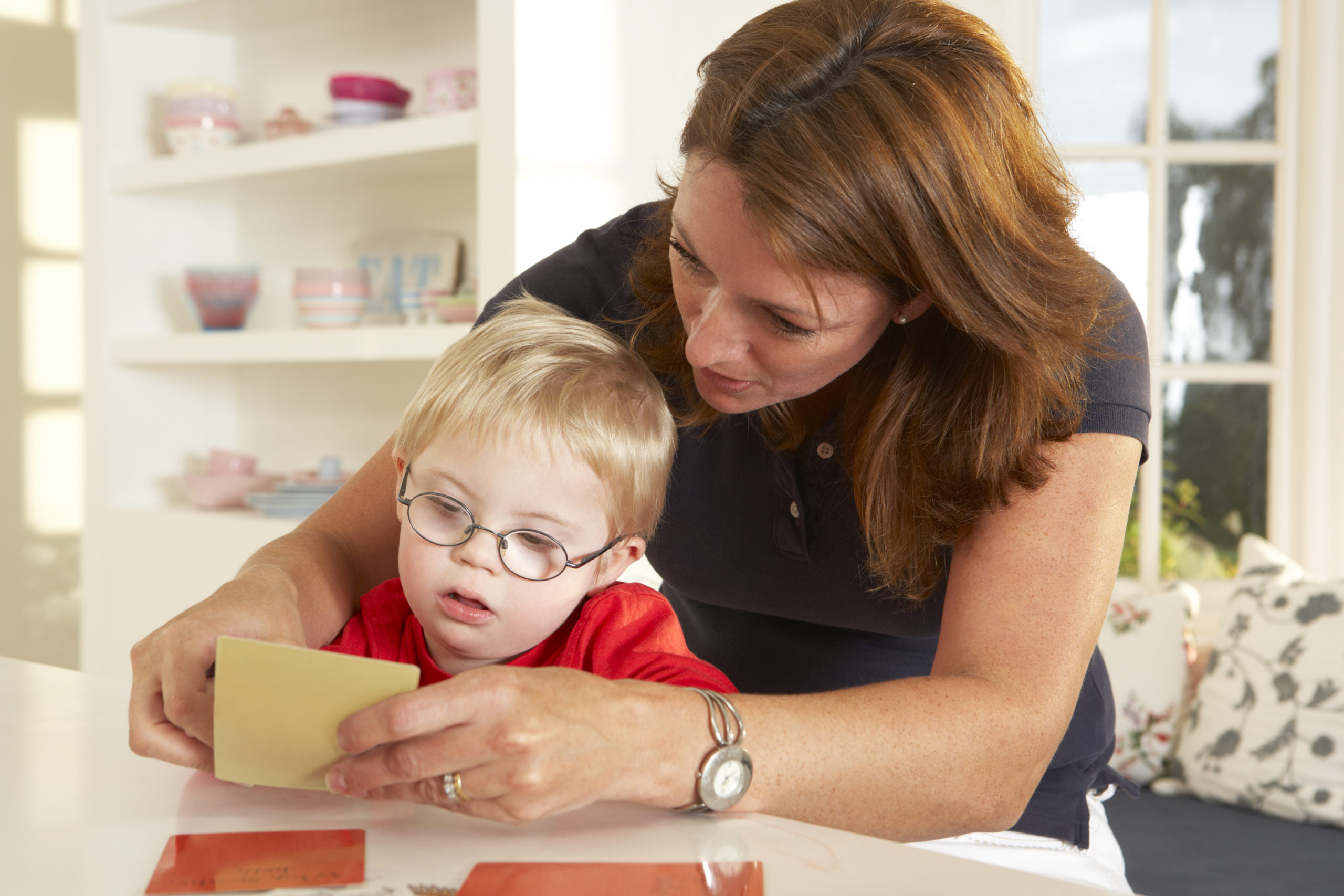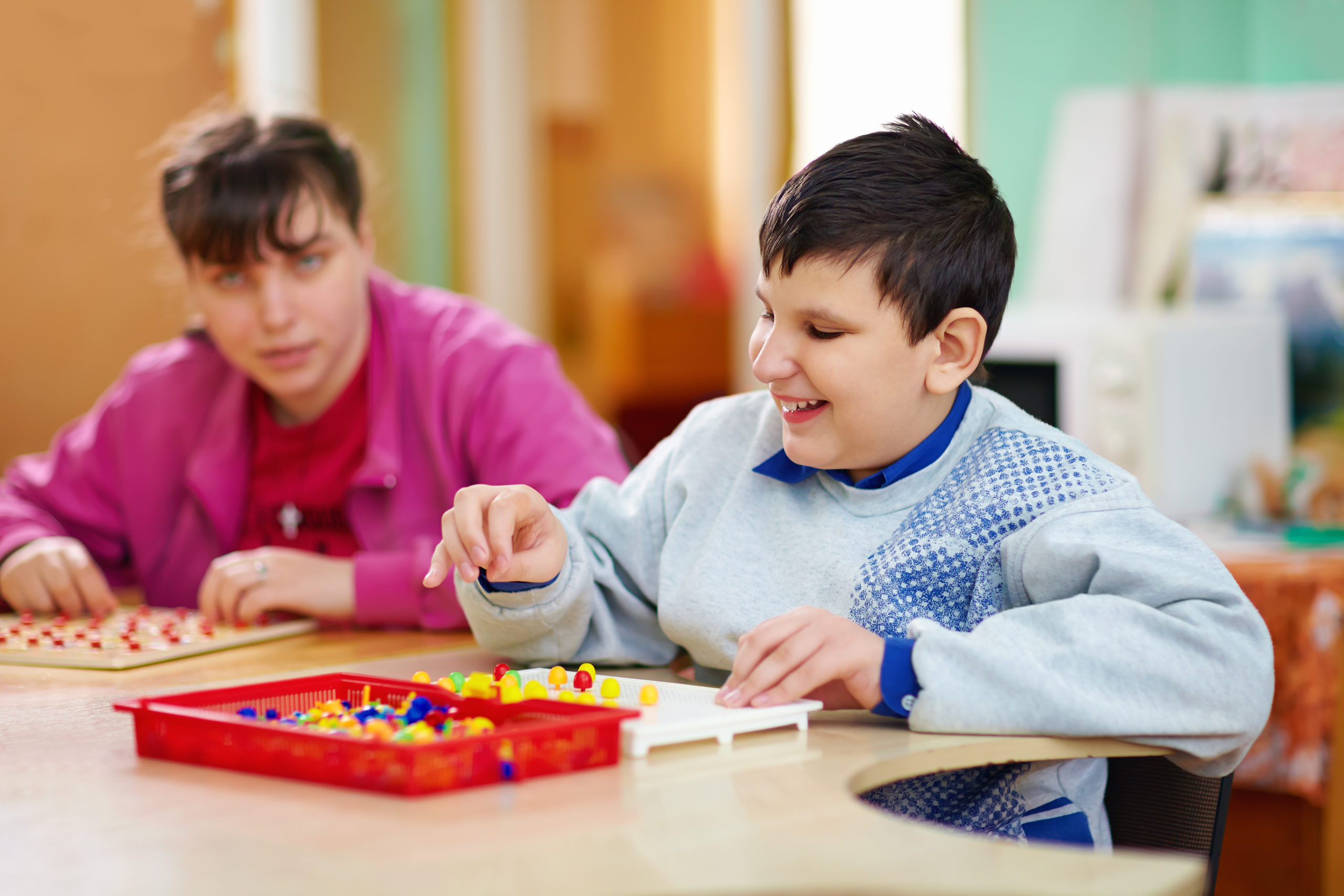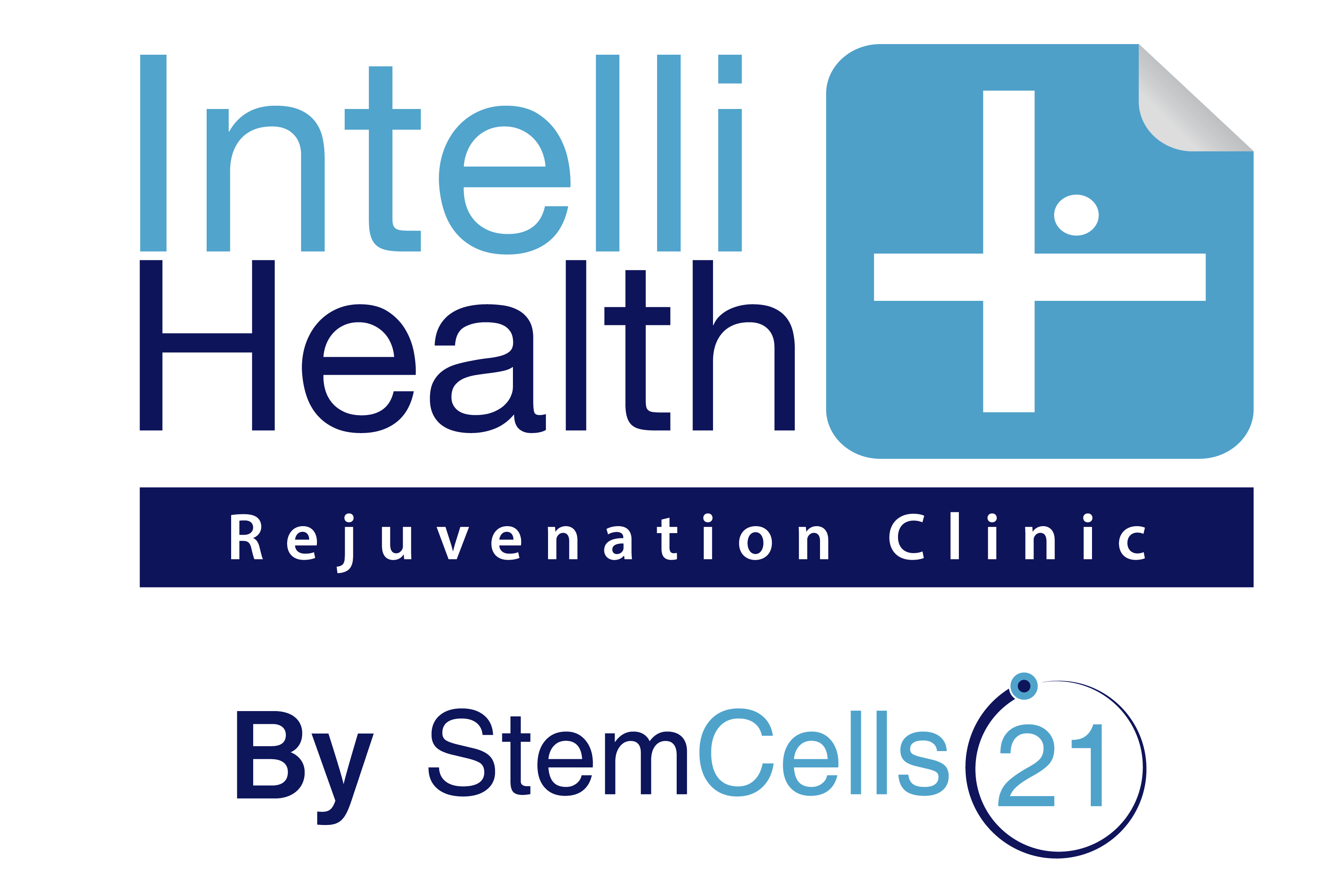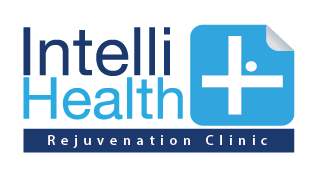Developmental Disorders

Developmental Disorders Treatment
IntelliHealth Plus Clinic, Bangkok Thailand
Developmental disorder or developmental disability means a severe, chronic disability of an individual who has a mental or physical impairment by the age of 22 which is likely to continue indefinitely and results in substantial functional limitations in three or more areas of major life activity.
Developmental delay is defined as failure to meet expected developmental milestones in one or more of the following areas: physical, social, emotional, intellectual, speech and language and/or adaptive development (sometimes called self-help skills, which include dressing, toileting, feeding, etc).
These delays are diagnosed when a child performs approximately 25 to 30 percent below age norms in one or more of these areas (with adjustment for prematurity in affected children). Progress occurs at a slower than expected rate following the anticipated sequence. Various medical and environmental causes exist.
Some examples of physical or mental disorders likely to result in delayed development are:
- Chromosomal abnormalities
- Genetic or congenital disorders
- Severe sensory impairments, including hearing and vision
- Inborn errors of metabolism
- Disorders reflecting disturbance of the development of the nervous system
- Congenital infections
- Disorders secondary to exposure to toxic substances, including fetal alcohol syndrome.
The verification of delay is obtained through an evaluation process, which includes at least three of the following: informed clinical opinion to include observational assessment, standardised development test(s), developmental inventory, behavioural checklist, adaptive behaviour measure and parent interview. Developmental delay can occur temporarily, or it can be long-term and never fully resolve.

Treatment for Developmental Disorders
Autism is a neurodevelopmental disorder defined by persistent deficits in social communication and social interaction, accompanied by restricted, repetitive patterns of behavior, interests, or activities.
The term “spectrum” is crucial to understanding autism, because of the wide range of intensity, symptoms and behaviors, and considerable individual variation. Children with ASD may be non-verbal and asocial, as in the case of many with “classic” autism. On the other end of the spectrum are children with a high-functioning form of autism characterized by idiosyncratic social skills and play.
There are two main causes of strokes: ischaemic– where the blood supply is stopped due to a blood clot (this accounts for 85% of all cases), and, haemorrhagic – where a weakened blood vessel supplying the brain bursts.
Cerebral Palsy is a disorder caused by damage to the brain that occurs before, during, or shortly following birth. It affects body movement and muscle coordination. Individuals with cerebral palsy may also experience seizures, abnormal speech, hearing and visual impairments, and mental retardation. Children with cerebral palsy may not be able to walk, talk, eat, or play in the same ways as most other children. Cerebral palsy can include milder versions or more severe symptoms which lead to total dependency. Although cerebral palsy is a lifelong condition, training and therapy can help improve function.
Learning Disabilities are a group of neurological disorders which become evident in childhood and which are characterized by difficulty learning, sorting, and storing information. Usually affected individuals have with average or above average intelligence. Children with learning disabilities may have one or more difficulties with skills such as listening, speaking, reading, writing, reasoning, or mathematical abilities that interfere with academic performance, achievement and, in some cases, activities of daily living.
Learning disabilities may overlap with other disorders or environmental influences, but are not the direct result of those conditions or influences. Often these disabilities are not identified until a child reaches school age.
Performance on standardized tests are usually found to be below that expected for age, schooling, and level of intelligence. Standardized cognitive measures and diagnostic tools in addition to observations from education professionals help to identify areas where these children are experiencing problems. Some children find learning in a regular classroom difficult and LD classes may be recommended to help them receive more specific and intensive teaching.
They may require information to be presented in multiple formats and broken down in manageable chunks before they can completely understand it. Learning disabilities are lifelong, but with proper intervention, training, and strategies, individuals can lead successful, fully functioning lives.
How we treated?
We offer a regenerative approach to developmental disorder treatment. By assists the body to have the ability to restoring lost or impaired neuron connections, forming new neural connections and speeding up brain reactions by improving synaptic transmission and the development of new neuron connections.
We create a customized treatment package for each of our patients. However, each of our treatment packages include an individualized combination of the following core components.
Our approach has produced partial or significant improvement to all of our patients’ conditions in a relatively short period of time. Depending on the stage of each patient’s condition, our approach has produced results either almost immediately, or within the first few months following treatment. For even the most challenging cases, we have produced improvement within six months of initial treatment.
Treatment Program Include
Personalised Program
Our team will review medical information and perform a consultation. Then our doctor will design a treatment plan on an individual basis.
Treatment Program
In all treatment plans we provide a comprehensive range of health check up tests, scientifically driven modern treatments, and a range of high impact standard therapies.
Take Home Course
With each of our treatment packages our patients will received a set of personalised compounded nutrition designed to meet their nutritional needs and support treatments given.
Book a FREE Consultation Now
IH+ Contact Form
Contact our international team of medical professionals with language services available in English, Thai, Arabic, Chinese, Spanish, and Russian.
Please indicate your preferred language and we will do our best to accommodate your request.

